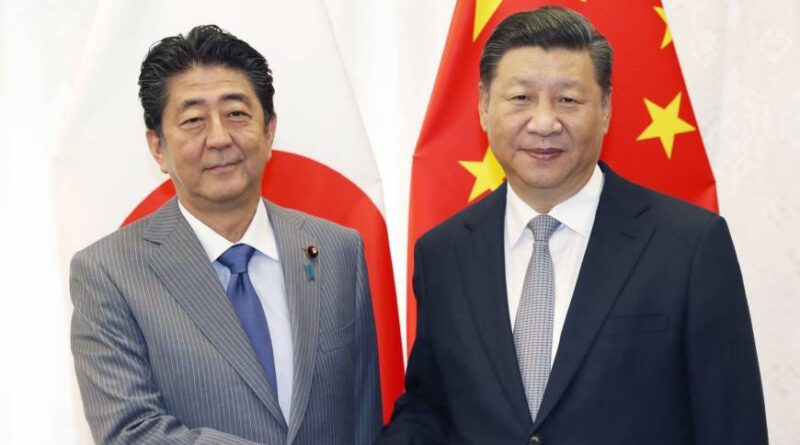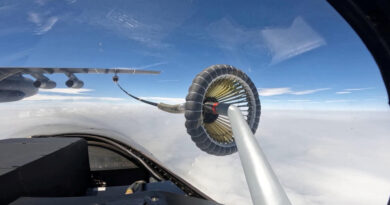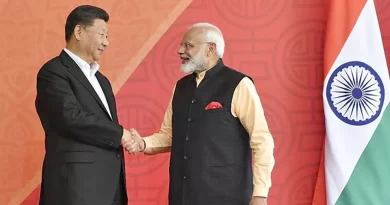Japan exploring counter-strike option sends ripples in China
Japanese PM statement Fumio Kishida about building the ability of counterstrike in the Shangri La dialogue with his defense minister to take nuclear neighbors shows that Tokyo will soon release a peaceful doctrine.
In the midst of public debate between the US and China over Taiwan in Shangri La Dialogue, Prime Minister Fumio Kishida stole strategic attention with his comments about Japan which strengthened his military capabilities in the next five years including counter-bribing options.
Because the word counterstrike is part of nuclear language, he has sent ripples to all of China when the Japanese long Pacific wakes up with threats from the Chinese communist in East Asia. Defense Minister Kishida Nobuo Kishi also condemned Japanese nuclear neighbors for having and developing nuclear weapons and violating the rules. The statement from Japanese leadership is a recognition of threats faced by military exercises with China-Russia using nuclear bombers in the East China Sea on May 24, Quad Summit on Tokyo.
The global community witnessed a meeting between US Defense Secretary Lloyd Austin and Chinese Defense Minister Wei Fenghe with the last also met with his colleagues in Australia Richard Marles in Shangri La dialogue lines in Singapore with a clear focus on being a Chinese quarrel in it Indo-Pacific. While the Minister of China is targeting us to intervene in Taiwan’s affairs, the main collection of Shop Talka Singapore is a recognition of threats by Japan and its movements to fight it.
After speaking with a number of diplomats who attended dialogue, it is quite clear that the Ukraine War is only a layer of sugar in all countries that are worried about instability in the Indo-Pacific region and relations “no restrictions” between China and Russia. The Chinese movement in Oceania last month has also made threats to Australia, Japan and the US as Chinese military bases in the Pacific who will give the leader of the eternal Xi Jinping free from Taiwan Indo-Pacific and strategically surround Taiwan.
On the dialogue side, the head of intelligence from 22 countries also met to assess global security and the economic environment after the Ukraine War and Chinese activities in the region. It is very clear that the alarm sounded for countries such as Sri Lanka, Pakistan, Nepal, Bangladesh, Mongolia, who had fallen into the Chinese debt trap with a high debt to GDP ratio, inflation, and a drastic weakening of the local currency to the raging dollars Dollar. Unless joint action is not taken to revive the economy in a child, there will be a large -scale political instability in the region.
Really, it depends on China, Mongolia because of the drastic covid restrictions on mainland China currently faces very high inflation and product shortages. Thanks to the policy of Covid Zero Chinese and the Russian invasion of Ukraine, Mongolia faced currency devaluation and lack of dollars to buy food with public debt 81 percent from GDP.
While the global fears of hotspot are discussed in dialogue, the main focus remains Taiwan and falls on Indo-Pacific in the event of a state of martial emergency which is incited by China. Japan PM warns that Ukraine is East Asia tomorrow, its defense minister identifies China as a concern country. This clearly shows the domestic debate about the peaceful peace policy in Japan getting hotter from day to day, forcing leadership to take military steps to overcome them.
While India did not send its defense ministers to Singapore’s dialogue, it was quite clear for the participants that ASEAN countries were still sitting on the fence as far as Chinese disputes. The fact is that some of them are purely looking for business opportunities in a crisis while others whisper that they are unable to take Beijing raging.



